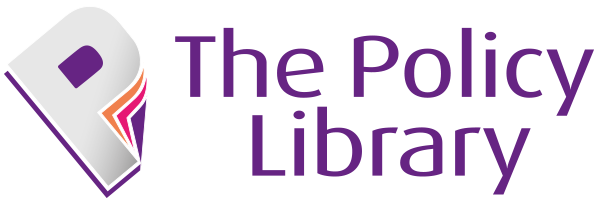
The Care Quality Commission (CQC) is the independent regulator of health and social care in England. The purpose of the CQC policies and procedures is to make sure health and social care services provide people with safe and high-quality care.
To safeguard care homes, CQC inspectors use the five Key Lines of Enquiry (KLOE), and the process centers around five key questions. For each question the CQC has set out what ‘outstanding’, ‘good’, ‘requires improvement’ and ‘inadequate’ looks like.
There are a lot of things to consider when striving for an outstanding or good rating. But the first and most important thing is to make sure that your care home policies align with the CQC.
To help you, we have put together a series breaking down the five KLOEs. In this blog, we will focus on answering the CQC’s question, “are you effective?”
Knowing People’s Needs and Delivering Treatment
Even though effectiveness can be demonstrated more by outcomes, having a clear care home policy on how you assess people’s needs can make a difference. Bear in mind that people’s mental and social needs are as important as their physical and medical needs.
When making any care and support decisions, it is crucial to CQC policies and procedures that you ensure that there is no discrimination taking place. Another part of being effective is using modern and up-to-date technology that provides better care for patients. Don’t forget that technology doesn’t necessarily mean digital innovation. From better administrative services to staff training, technology can be a powerful tool.
Well-Trained, Skilled, and Experienced Staff
We all know that staff play a central role in any care home. Hiring, training, and supporting skilled employees shouldn’t be taken lightly.
CQC policies and procedures are in place to ensure that your team knows how to deliver quality care. Your team has to be trained to communicate and work with each other and operate in a wider setting. Plus, to safeguard care homes, CQC inspectors will check if referrals are made to other services by your staff when needed and in a timely manner. So, an effective care home policy should be crystal clear on what is expected of employees.
Balanced Nutrition and Hydration
Don’t forget that involving people in everyday activities is central to CQC standards. Even when it comes to nutrition, your care home policy should include ways to promote residents’ independence. For example, offering support for residents to make their own meals, based on their cultural preferences and needs, will have a positive impact.
Accessible and Well-Maintained Premises
As the saying goes, cleanliness is next to godliness. And your care home should be no exception.
To adhere to CQC policies and procedures, premises must be kept clean, looked after, and be suitable for treatment and care. Also, ensure that proper arrangements are in place. People need to have space for their activities or to spend time alone.
Consent to Care and Treatment
It is essential to CQC policies and procedures that people must give their consent before they receive any care or treatment. If the person cannot consent, consent must be received from the person acting on their behalf.
That’s where an effective care home policy comes in, and it informs about how situations like these should be handled. You also should ensure that your team is aware of the relevant consent and decision-making requirements of legislation, including the Mental Capacity Act 2005 and the Children’s Acts 1989 and 2004, and other relevant national guidance. If you are looking for your care home policies to ensure you are providing high-quality, CQC-approved care, check out our expansive library here.
